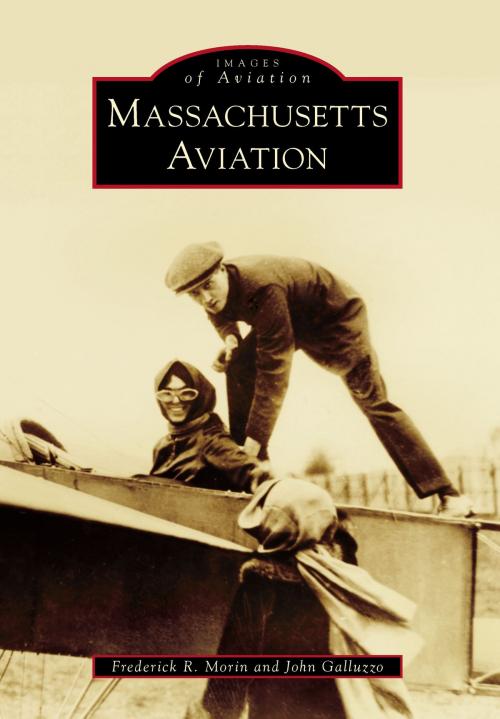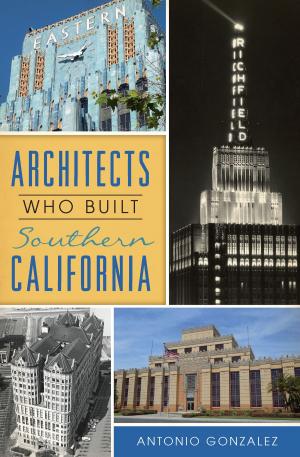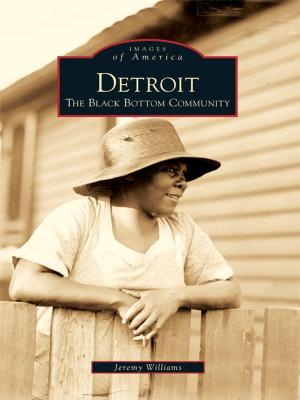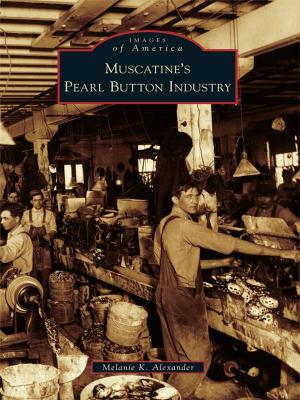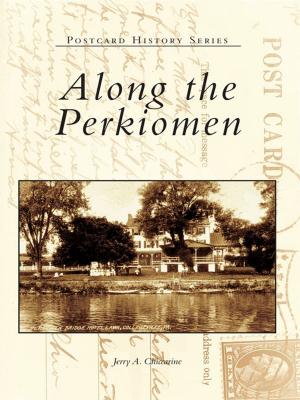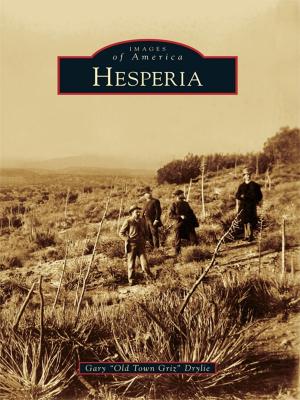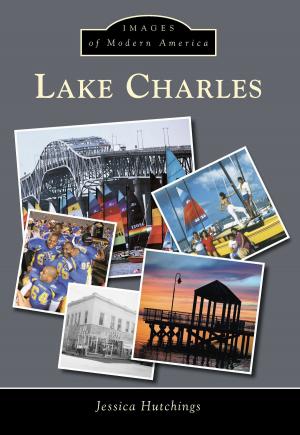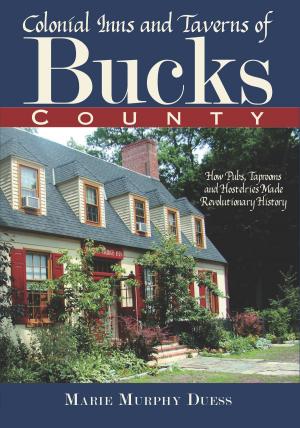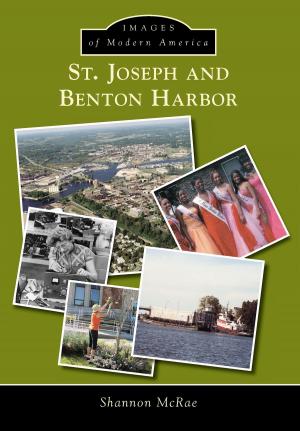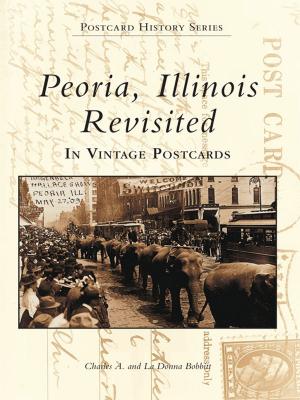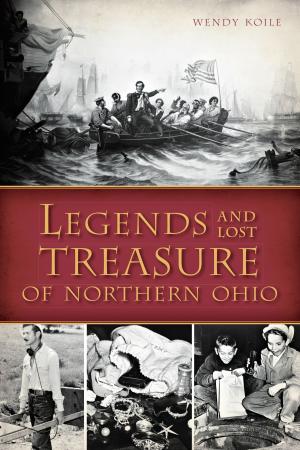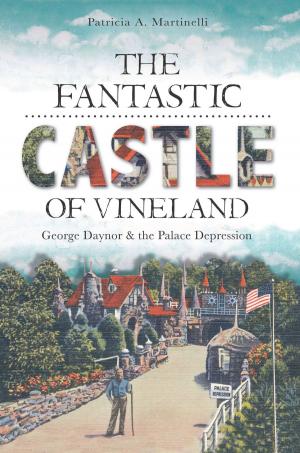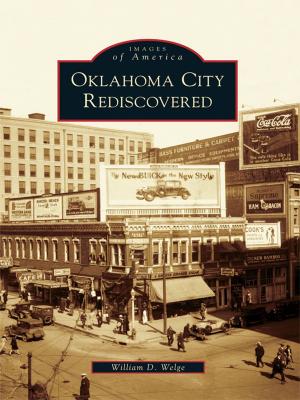Massachusetts Aviation
Nonfiction, Reference & Language, Transportation, Aviation, Commercial, History, Art & Architecture, Photography, Pictorials| Author: | Frederick R. Morin, John Galluzzo | ISBN: | 9781439658536 |
| Publisher: | Arcadia Publishing Inc. | Publication: | November 14, 2016 |
| Imprint: | Arcadia Publishing | Language: | English |
| Author: | Frederick R. Morin, John Galluzzo |
| ISBN: | 9781439658536 |
| Publisher: | Arcadia Publishing Inc. |
| Publication: | November 14, 2016 |
| Imprint: | Arcadia Publishing |
| Language: | English |
Shortly after the Wright brothers took to the air, aviation fever gripped Massachusetts. The biggest names in the industry, including Wilbur Wright, Glenn Curtiss, and Claude Graham-White, among others, flew in for the first major air shows, further exciting the people of the Bay State about the potential of manned flight in the realms of military tactics, the expansion of commerce, and even personal transportation. By the 1920s, Massachusetts had become home to the first Naval Air Reserve Base, in Quincy; one of the first Coast Guard Air Stations, in Gloucester; and the Boston Airfield, which would become the largest international airport in New England. Within a few decades, individuals like Edward Lawrence Logan, Frank Otis, Oscar Westover, and Laurence G. Hanscomb would permanently leave their names on the Massachusetts landscape in connection with the airports and airfields still used today.
Shortly after the Wright brothers took to the air, aviation fever gripped Massachusetts. The biggest names in the industry, including Wilbur Wright, Glenn Curtiss, and Claude Graham-White, among others, flew in for the first major air shows, further exciting the people of the Bay State about the potential of manned flight in the realms of military tactics, the expansion of commerce, and even personal transportation. By the 1920s, Massachusetts had become home to the first Naval Air Reserve Base, in Quincy; one of the first Coast Guard Air Stations, in Gloucester; and the Boston Airfield, which would become the largest international airport in New England. Within a few decades, individuals like Edward Lawrence Logan, Frank Otis, Oscar Westover, and Laurence G. Hanscomb would permanently leave their names on the Massachusetts landscape in connection with the airports and airfields still used today.
